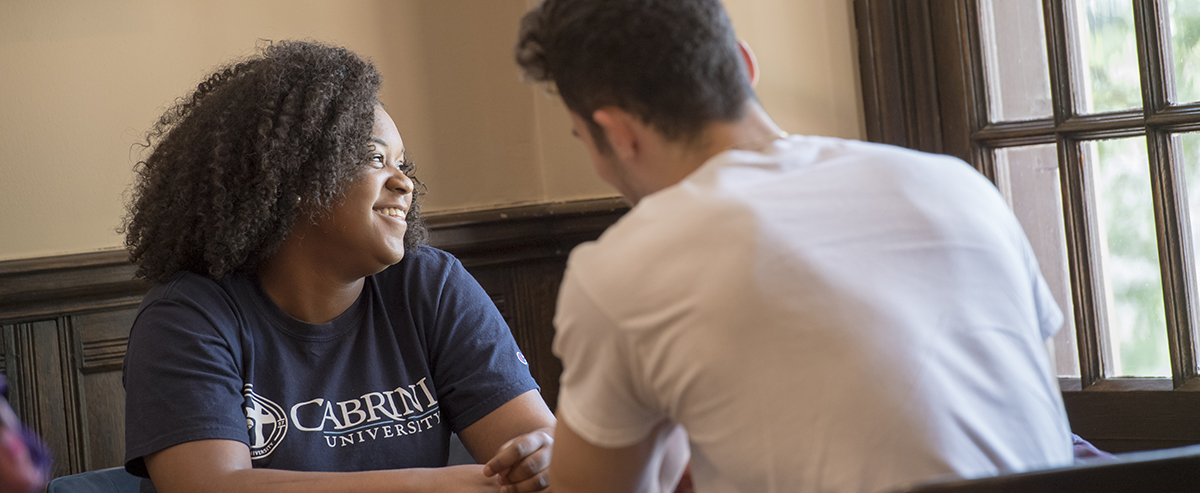Recognizing Students in Distress
Faculty and staff may find themselves in a position to observe and recognize changes that signal distress in students.
Many students initially seek assistance from faculty or staff members, or you may become concerned with behaviors that you have observed in students.
Some signs of psychological distress are:
- Social withdrawal
- Marked changes in personal hygiene
- Impaired speech
- Irritability
- Significant changes in academic performance
- Unusual acting out
- Threats to harm self or others
- Bizarre behavior not appropriat e to the situation
- Infrequent class attendance with little or no work completed
- Disturbing material in submitted assignments
Referrals
A referral to Counseling Services is appropriate any time you think a student might benefit from professional assessment and counseling.
You should consider making a referral if you:
- feel that the student’s problem is more serious than you feel comfortable dealing with
- are experiencing personal difficulties which are interfering with your ability to handle your student’s needs
- have attempted to resolve your concerns with a student without success
- are asked by the student for information or assistance about getting help
How to Address your Concerns with a Student
In raising your concerns with a student, it's best to be direct and straightforward about your concern for his or her welfare.
Always talk to the student in private, convey respect and caring, and be specific about behaviors that have caused your concern.
Suggest a visit or phonecall to the Office of Counseling and Psychological Services. Sometimes it is helpful to assist the student to schedule an appointment by having them call from your office or by introducing them in person to a counselor.
If you feel the situation is an emergency or urgent enough to require immediate attention, contact Counseling and
Psychological Services and inform them that you have an emergency.
- You will be put in touch with a counselor immediately who will advise on how to proceed.
- If there is an emergency after hours, contact Public Safety at 610.902.8246.
If you are concerned about a student, but unsure about the appropriateness of a referral, please feel free to contact the office and a counselor will consult with you.
Dealing With Potentially Violent Students
Campus violence is a serious concern and as such, anyone aware of a potentially dangerous student needs to take that danger seriously. Some warning signs include:
- Physically violent behavior towards person or property
- Verbally threatening or overly aggressive behavior
- Threatening emails, texts, or letters
- Threatening or violent material on academic assignments
- Harassment, including sexual harassment and stalking
- Possession of a weapon
Sometimes these behaviors result from or are exacerbated by mental illness. You need to take appropriate actions to protect both the potential victim and the potentially dangerous student.
If the danger appears imminent, contact Public Safety 610.902.8245 and 911 immediately for assistance.
If you are uncertain about the course of action to take, it is recommended that you contact any or all of the following for consultation or assistance:
- Your department chair
- Vice President for Student Life: 610.902.8416
- Dean for Academic Affairs: 610.902.8302
- Public Safety: 610.902.8245
- Counseling Services: 610.902.8561
The Office of Counseling and Psychological Services is located in Grace Hall and operates during normal business hours Monday through Friday during fall and spring semesters.
For more information, please contact 610.902.8561.
